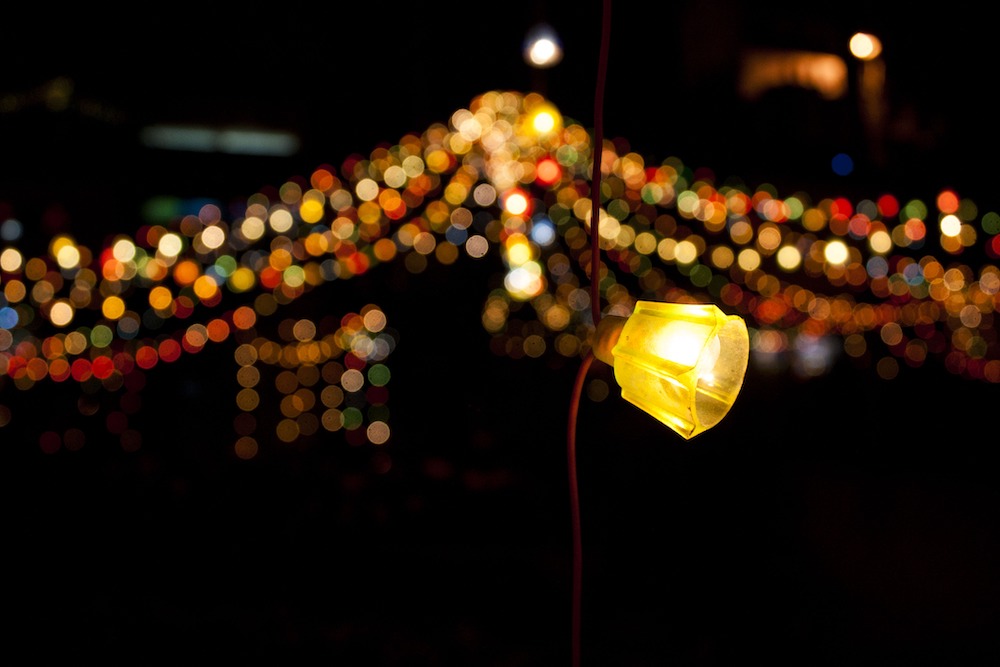I watched the basketball game on mute, listening for sounds of life. The Cleveland Cavaliers looked listless in their Christmas Day matchup against the Golden State Warriors. The two teams were on clearly opposite paths: the Cavaliers, beset by internal tensions, were trying to keep up with the record-setting Warriors, whose offensive talent made basketball frequently look joyful and unfair. My thoughts were less on the game and more down the hall. My mom sat in the chair across the room, similarly quiet and listening. Down the hall, in the bedroom I grew up in, the pneumatic pulses of my dad’s BiPap machine were occasionally joined by his murmurs. We were listening for the end.
Login to read more
Sign in or create a free account to access Subscriber-only content.
Topics:
